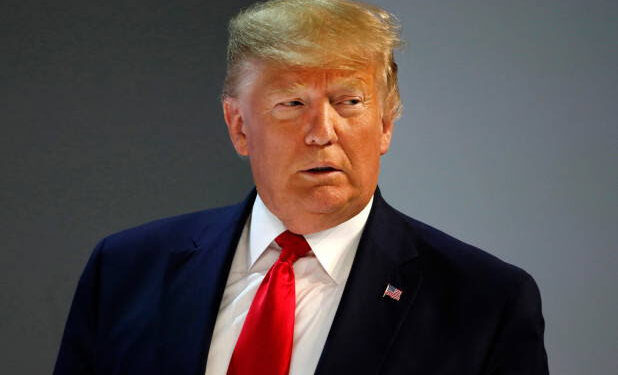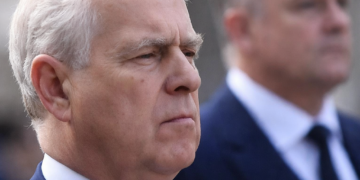President Trump’s plan to impose a $100,000 fee for H-1B visas is a policy designed to effectively kill a program he and his supporters have long claimed “undercuts” American workers. The fee, an unprecedented hike from current costs, would make it financially impossible for all but the largest tech giants to hire skilled foreign workers, and even for them, it would be a major disincentive.
This is a clear case of using executive power to bypass a divided Congress and implement a radical, isolationist immigration policy that will do more harm than good to America’s economic competitiveness.
Meanwhile, the proposed $100,000 H-1B fee will have immediate and devastating consequences for American innovation and the U.S. economy. While the Trump administration frames this as a way to “protect” American jobs, the reality is that it will drive top talent away from the United States and into the arms of its economic rivals.

The U.S. has for decades attracted the world’s brightest minds, who have in turn founded companies, created jobs, and spurred technological advancements. This move, however, would effectively close the door on that pipeline of talent. The argument that the program undercuts American wages is a myth; studies have shown that H-1B workers often fill critical labor gaps and stimulate growth in related fields, ultimately benefiting the economy as a whole.
The new fee will not magically create a new supply of American tech workers; instead, it will force companies to either relocate their operations abroad or fall behind in the global race for talent. The US immigration policy is being weaponized for political gain, and American companies, not foreign workers, will be the first to suffer the consequences.
Why It Matters
If the U.S. is serious about maintaining its technological leadership, it must abandon this short-sighted policy and embrace a more strategic approach to immigration.
First, the administration should immediately scrap the proposed fee and instead focus on modernizing the H-1B program to better serve both American workers and the U.S. economy. Instead of making it harder to attract talent, the government should streamline the visa process, making it faster and more predictable for highly skilled professionals.
The current lottery system, which is a game of chance, could be replaced with a merit-based system that prioritizes individuals with the most in-demand skills and those who are offered the highest salaries. This would ensure that only the most qualified workers are selected, addressing the “abuse” of the system that the administration claims to be so concerned about.
Second, the U.S. government needs to invest more in domestic education and training programs for American workers. The most effective way to address the tech skills gap is not to prevent foreign workers from entering the country, but to empower American citizens with the skills they need to compete in the 21st-century economy.
By focusing on skilled worker visa reform and domestic talent development, the U.S. can protect its long-term economic interests without resorting to isolationist policies that will ultimately hurt the very people they are meant to help. The proposed $100,000 fee is a political Hail Mary, not a genuine solution to a complex economic problem. It is a dangerous and misguided policy that will push American innovation backward, not forward.

















